Project Description
Talk on Europe Under Refugee Crises
Posted on 23/11/2015
EVENT DETAILS
Refugees are a natural consequence of war; indeed, there has seldom been a war without civilians trying to flee from its carnage. But what causes the wars? In some cases, demands for regime change. After all, the regimes being overthrown are often brutal, and unlikely to back down without a fight.
Syrian people are the one have faced this case in recent years. This circumstances pushed them to flee from their mother lands to seek shelter from neighbouring countries. As a matter of fact more than four million refugees of the Syrian Civil War have left the country during the course of the war. Most of them fled to neighbouring Turkey, Lebanon, Jordan, and Iraq, while thousands also ended up in more distant countries of the Caucasus, the Persian Gulf, North Africa. The refugee crisis began in 2011, when thousands of Syrian citizens fled across the border to neighbouring Turkey and Lebanon. Then it spread widely all nations.
Europe was strongly faced this refugee crises in the third quarter of 2015. Almost 200 Hundred Thousand Syrian people walked through Europe for a hope. But there were many other difficulties were waiting them at the each gate of European Countries.
Ms Susanna Cheung, a Hong Kong based veteran journalist, gave a talk to understand the recent facts in Europe. Ms Cheung after her arrival from Europe, she has brought stories on the recent refugee crisis which Europe is now facing.
She mentioned the realities, the theories but most importantly the tragedies that people are facing in the region from her photo and video collections.
Invalid Displayed Gallery
- Talk on Turkey’s Historical Significance for the Bahá’í FaithPearl Institute2017-06-06T11:38:04+08:00
- Talk on Heritage of Dialogues between Islam and ConfucianismPearl Institute2017-06-06T11:38:05+08:00
- Talk about Stories of Syrian Refugees from A Photographer’s FramePearl Institute2017-06-06T11:38:10+08:00
The views and opinions expressed on this posts/pages are those of the authors and do not necessarily reflect the views or opinions of Pearl Institute, its staff, other authors, members, partners, or sponsors.

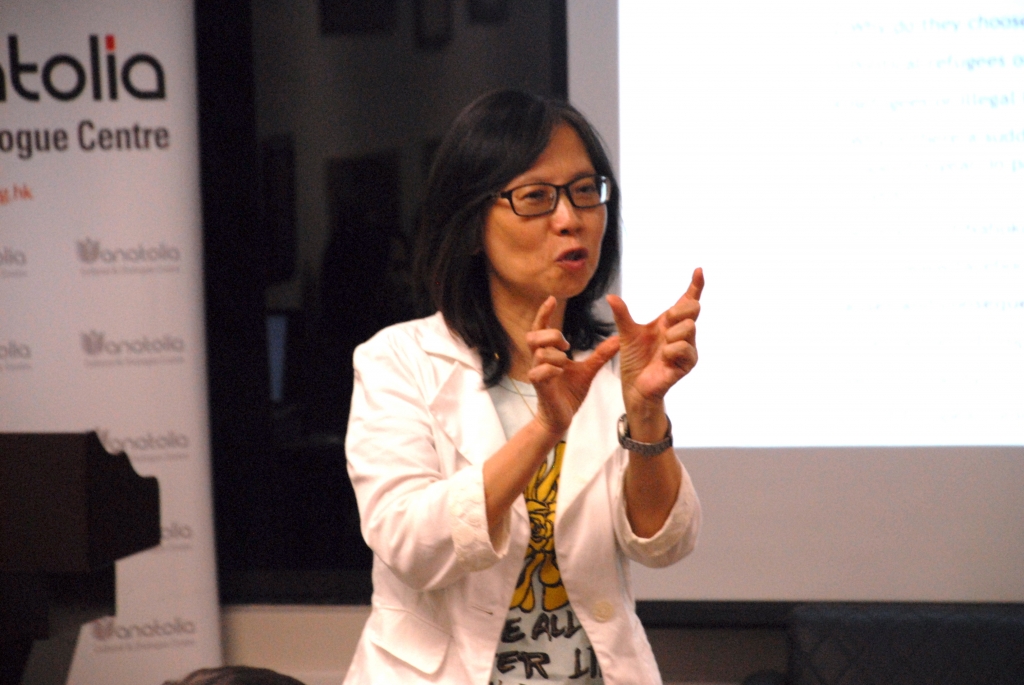
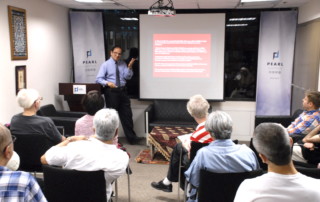
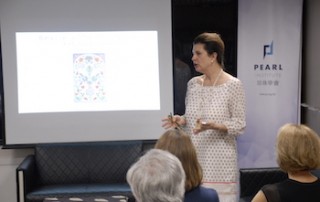
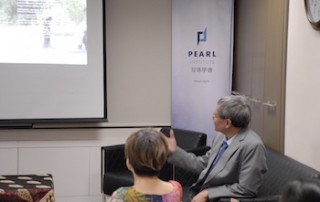
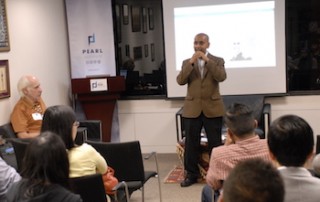

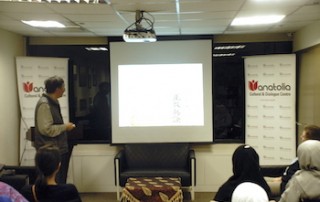
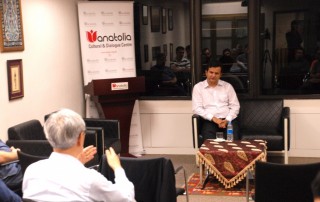
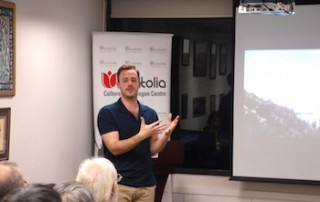
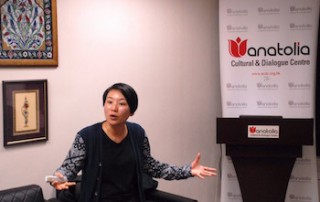
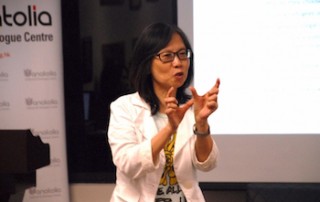
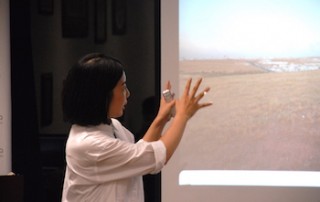
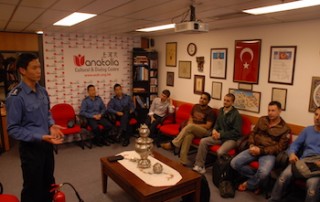
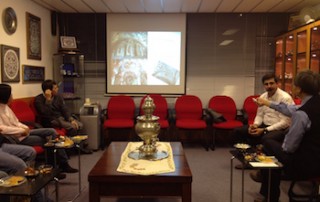
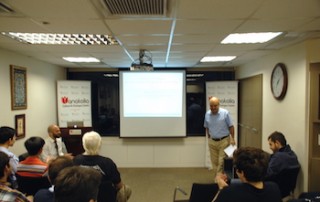
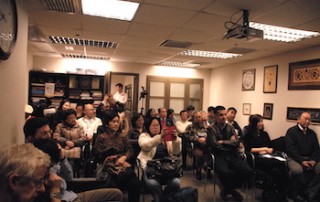
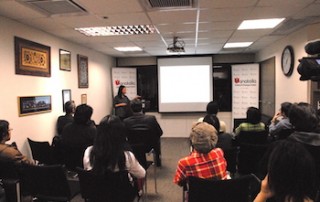
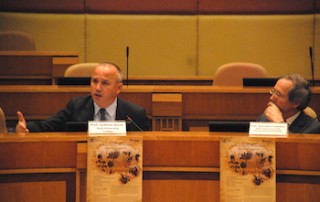
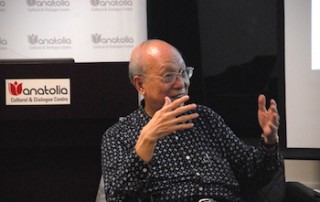
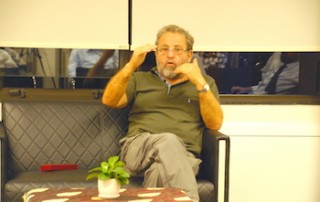

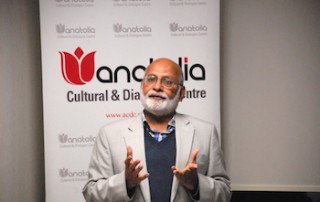
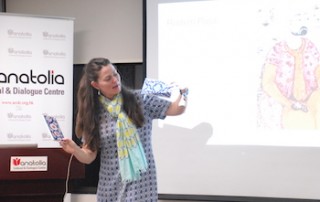
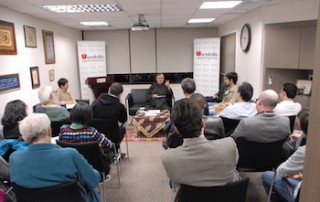
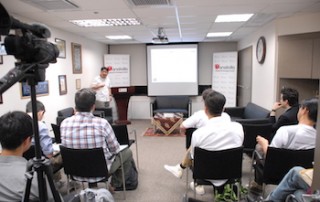
Leave A Comment